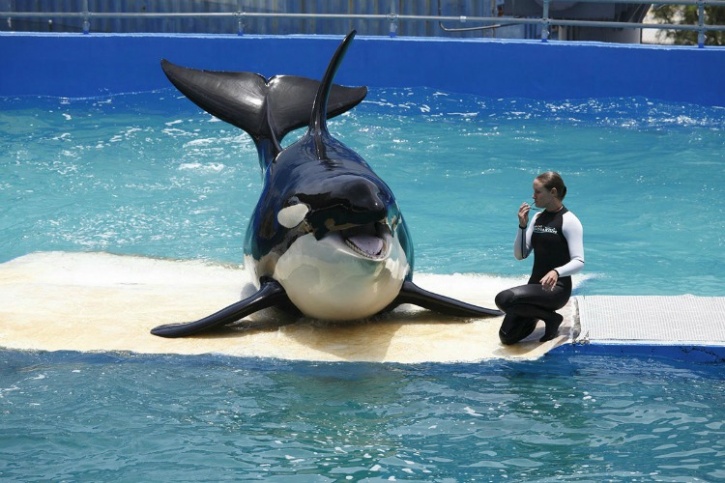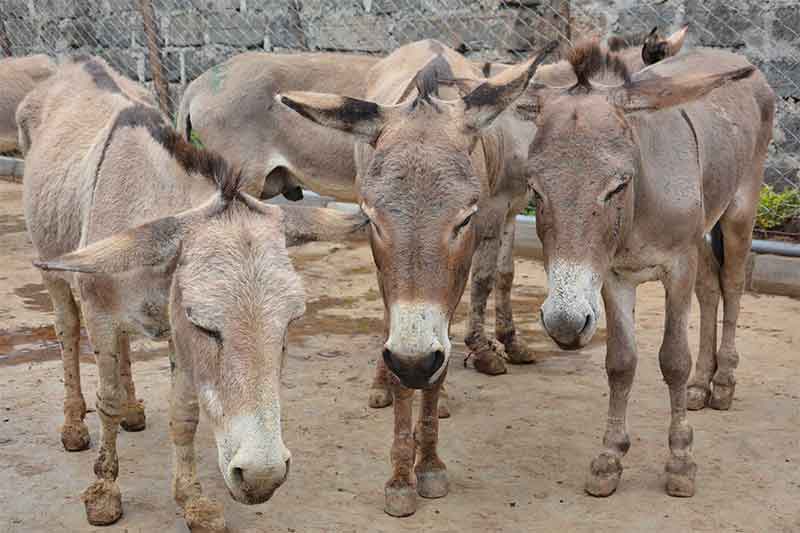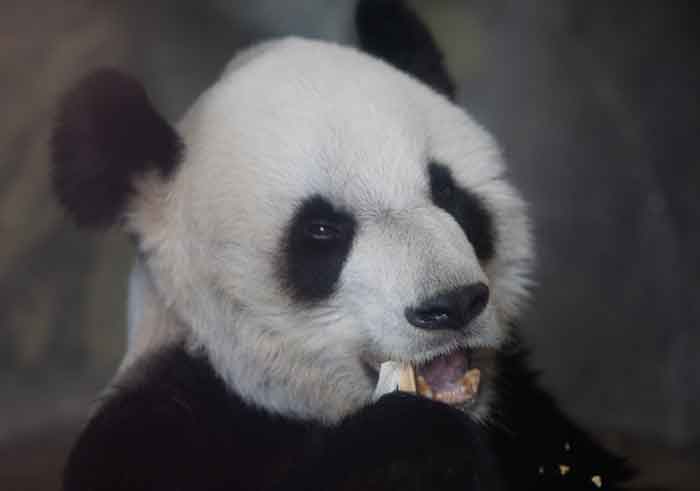
Forty-six years imprisonment is the sentence for the killer whale Lolita who was captured in the Pacific Northwest off Canada and Washington State in 1970. For what crime? For being a juvenile in a sought-after clan, the charismatic black and white species Orcinus orca (killer whale), star of aquarium show biz.
That whale shows have fallen into disrepute, especially after the documentary Blackfish flashed around the world, hasn’t yet helped Lolita who remains trapped in the Miami Seaquarium despite persistent efforts by activists, cetacean experts, politicians and celebrities to get her out.
A hundred miles is about what a killer whale might travel in a day with her pod, but Lolita floats alone, going nowhere. While deep diving is normal, she can only drift against concrete walls in a shallow tank while the harsh Miami sun burns her skin — and she a natural denizen of the cool and misty Pacific Northwest.
Does it matter? When we consider the exquisitely communicative, social nature of Orcinus orca, their lives matter to anyone who cares to measure the dimensions of suffering. It doesn’t take a big brain to suffer (shellfish in tanks suffer, if their learned ability to avoid electric shock is any indication), but a big brain magnifies it on the same multiple subjective levels as we ourselves experience suffering. Belatedly, SeaWorld trainers twigged to the sufferings of those they “trained”, and now an awakening public is reading their books about it. (1)
Ex-trainers have shown us what goes on behind the scenes at the aquarium (the withholding of food, forced artificial impregnation, grisly amateur dentistry), and the jury’s no longer out. The whale tormenters stand convicted by public and scientific opinion but it’s the victim, not the perpetrator, who serves the sentence. Miami Seaquarium is still able under the law to treat Lolita as property. It bought her from some other “owners” who bought her from captors serving a voracious marine entertainment industry in the 1960s and ‘70s..
Those captures could never happen now, at least not in North America. Public opinion advanced as the black and white super-dolphins gave up their secrets: we are not dangerous, their behaviour showed, nor predators of humans, nor dumb deep-sea monsters. We are curious communicative members of an advanced cooperative matriarchal society. If only we were drab and ugly, instead of sporting a flashy black and white appearance, you might have left us alone.
They are now pursued only by boatloads of whale watchers who pay for a glimpse of the pandas of the sea. Yet, the fact that capture is no longer done does not mean its past results are being undone. The rock star celebrities of the ocean still have family members enslaved in prisons such as SeaWorld, Loro Parque in Spain and the Seaquarium in Miami.
The Whale Sanctuary Project was recently formed to establish homes for released whales and dolphins in safe shoreline bays. Orca Network in Washington State has already identified a retirement bay for Lolita. Rallies in London, Miami, Seattle, and Victoria and Vancouver, Canada, continue to insist that black and white lives matter. The Governor of Washington State proclaimed June as “Orca Month” in 2006, and the Provincial Government of British Columbia followed suit in 2016. The mayor of Miami and other American politicians have called for Lolita’s release. The Premier of BC has, however, been disappointingly silent.
:Lolita’s family still swims in the straits between Vancouver Island and Washington State. When, ask the supporters of her release, will the Premier of BC join American politicians in speaking up for her repatriation? Do orcas not matter to the Government of BC, although whale watching is a mainstay of their tourism industry and the striking black and white orca outline appears everywhere in local art and advertising?
The Nonhuman Rights Project is working to have certain animal species legally declared nonhuman persons (cases involving chimpanzees are presently wending their way through courts in New York), as opposed to property, which would make their incarceration without habeus corpus illegal. This goes back to the English law of 1670 which said a prisoner (or in whale cases, his/her advocate) has the right to be brought before a judge to establish whether the imprisonment is lawful. A game-changing new outlook is emerging then, assuming that the inherent right to freedom and self-determination doesn’t always stop at the border between human and other animals. (2)
Most players agree that cetaceans matter one way or another, but not on whether this means their freedom and self-determination matter. Aquarium administrators have evolved a new position: now whales matter not for their “owners'” profit-making, but in that they must remain in tanks for their own safety. They are too enfeebled to survive in the open ocean, goes the story, delivered with nary a blush at who and what enfeebled them.
The question is, do whales’ lives matter as something owned by themselves, or by humanity? Conservationists have devised a Cetacean Bill of Rights for the orcas of the Pacific Northwest, following on the international Whales’ Bill of Rights signed in Helsinki in 2010.
These manifestos list whales’ rights not only to freedom but also to an unpolluted ocean free of lethal underwater shipping noise, and sufficiently full of fish for their survival. Both Canada and the United States list orca as an endangered species. It has taken Canada 13 years to launch the “action plan” for recovery which is required under its Species At Risk Act, but sadly, the pace of extinction doesn’t wait for the law’s delay. And while humane laws fail to evolve, Lolita and several dozen other orcas continue to languish in jail, as if their lives meant nothing.
(1) The most telling is perhaps Beneath the Surface: Killer whales, SeaWorld and the truth beyond Blackfish, by John Hargrove (Palgrave Macmillan, 2015).
(2) www.nonhumanrightsproject.org
Barbara Julian, B.A., M.L.S. (Master of Library & Information Science) is a free-lance writer and columnist in Victoria, BC, and member of the Orca Month Committee which promotes Southern & Northern Resident Killer Whale conservation in the Pacific NW, and the release of captive cetaceans.













































